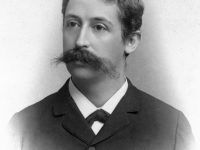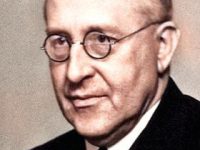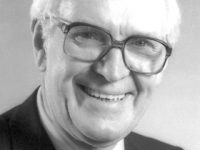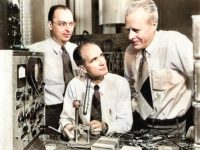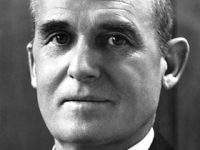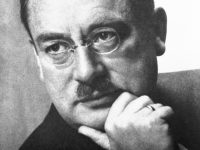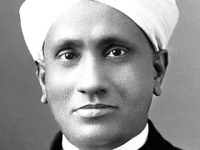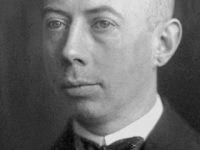Christiaan Eijkman and the Cause of Beriberi
On August 11, 1858, Dutch physiologist Christiaan Eijkman was born. Eijkman‘s demonstrated that beriberi is caused by poor diet led to the discovery of antineuritic vitamins (thiamine). Together with Sir Frederick Hopkins, he received the Nobel Prize for Physiology or Medicine. Education in the Netherlands Christiaan Eijkman was born at Nijkerk, Netherlands as the seventh child of Christiaan Eijkman, the headmaster of a local school, and Johanna Alida Pool. In 1859, the…
Read more

